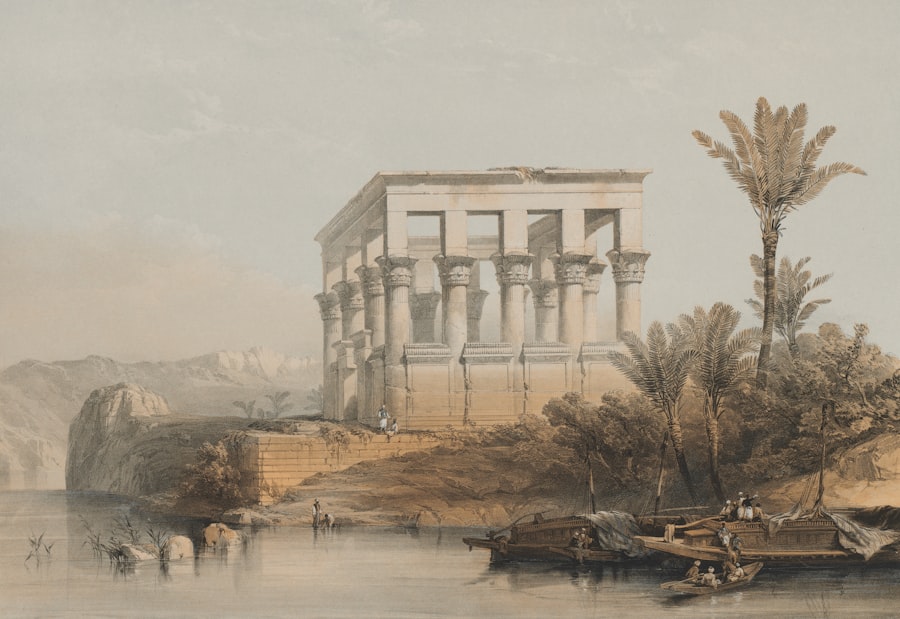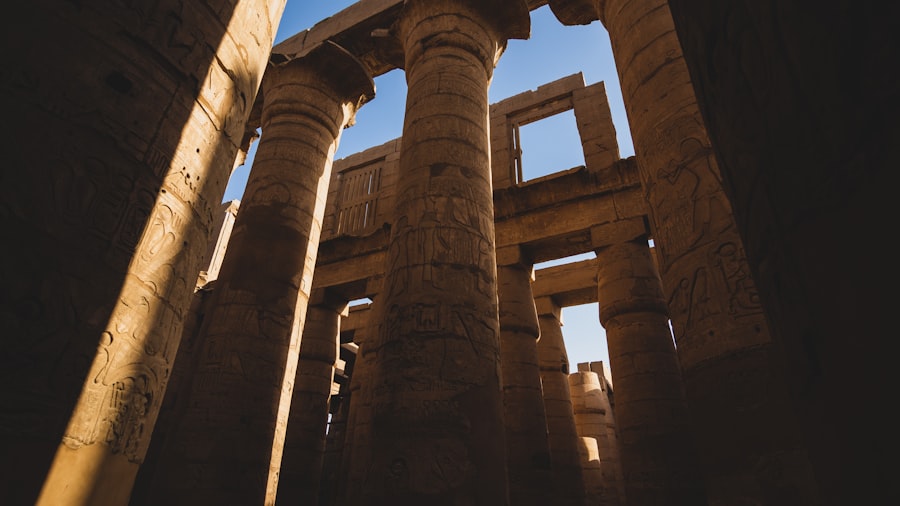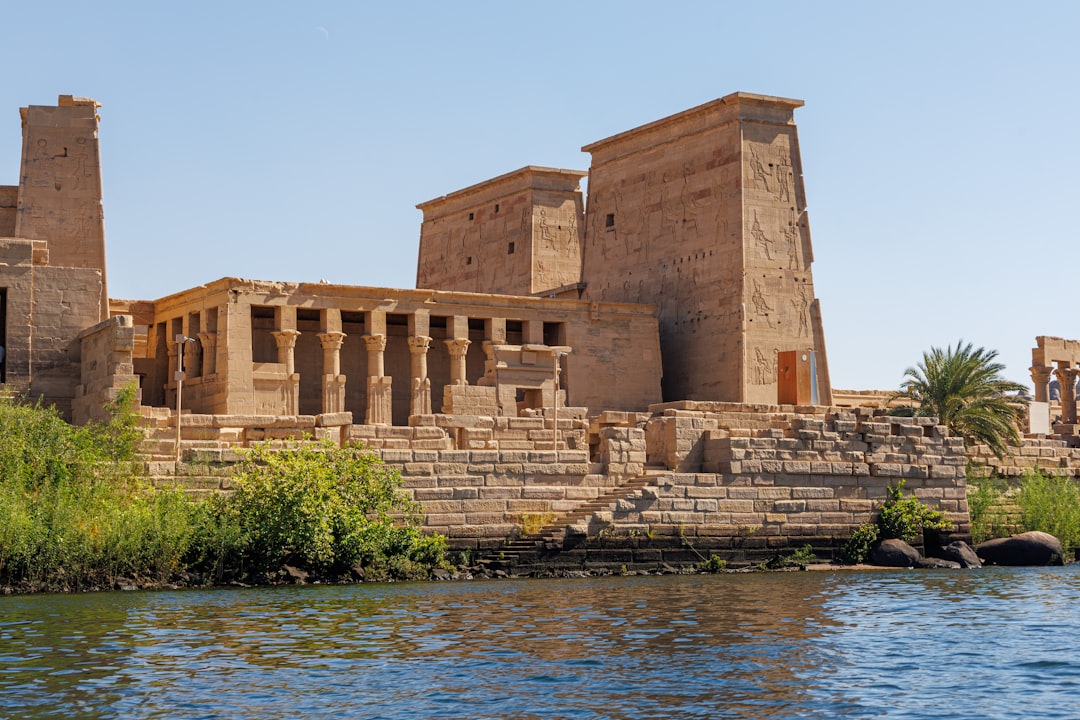The myth of Atlantis has captivated the imagination of scholars, adventurers, and dreamers for centuries. Its origins can be traced back to the works of the ancient Greek philosopher Plato, who introduced the tale in his dialogues “Timaeus” and “Critias.” In these texts, Plato describes a powerful and advanced civilization that existed around 9,000 years before his time, situated beyond the “Pillars of Hercules,” which is commonly interpreted as the Strait of Gibraltar. According to Plato, Atlantis was a utopian society characterized by remarkable architecture, advanced technology, and a rich culture.
However, due to its moral decline and hubris, Atlantis ultimately fell out of favor with the gods and was submerged into the ocean in a single day and night of catastrophic events. Plato’s account has led to numerous interpretations and speculations about the existence of Atlantis. Some scholars argue that it was purely a fictional allegory meant to convey philosophical ideas about morality and governance.
Others believe that it may have been inspired by real historical events or civilizations, such as the Minoan civilization on the island of Crete, which experienced a catastrophic volcanic eruption. Regardless of its origins, the Atlantis myth has become a symbol of lost civilizations and the quest for knowledge, inspiring countless expeditions and theories about its possible location.
Key Takeaways
- The Atlantis myth has deep roots linked to ancient Egyptian texts and mythology.
- Researchers have explored Egypt extensively to find geological and archaeological evidence of Atlantis.
- Various theories propose connections between Egyptian artifacts and the Atlantis story.
- Comparisons between Plato’s descriptions and Egyptian sites fuel ongoing debates about Atlantis’s existence.
- Modern expeditions continue to search for Atlantis, highlighting its potential significance in understanding ancient civilizations.
Ancient Egyptian Texts and References to Atlantis
While Plato’s writings are the most well-known references to Atlantis, ancient Egyptian texts also provide intriguing insights that some researchers believe may relate to the myth. The Egyptians had a rich tradition of storytelling and mythology, often chronicling their beliefs about creation, the afterlife, and the cosmos. Among these texts are references to advanced civilizations and lost lands that bear striking similarities to Plato’s description of Atlantis.
Additionally, the Egyptian Book of the Dead includes passages that describe a paradise-like realm known as the Field of Reeds, where souls could find eternal peace. This concept of an idyllic land resonates with the idea of Atlantis as a utopia.
Some scholars suggest that these ancient Egyptian references may have influenced Plato’s account or that they reflect a shared cultural memory of a once-great civilization that met a tragic end. The connections between these texts and the Atlantis myth continue to be a subject of scholarly debate and exploration.
The Search for Atlantis in Egypt

The quest for Atlantis has led many explorers and archaeologists to consider Egypt as a potential site for this legendary civilization. The vast deserts and ancient ruins of Egypt hold secrets that have intrigued researchers for generations. Some theorists propose that Atlantis could have been located near the Nile Delta or even beneath the sands of the Sahara Desert.
The idea is not without merit; ancient Egyptian civilization thrived along the Nile River, which provided fertile land and resources essential for development. In recent years, various expeditions have sought to uncover evidence that could link Egypt to the Atlantis myth. These searches often involve examining ancient texts, conducting geological surveys, and exploring underwater sites along the Mediterranean coast.
As researchers delve deeper into Egypt’s past, they continue to grapple with questions about what constitutes evidence and how it can be interpreted in light of existing historical narratives.
Geological and Archaeological Evidence of Atlantis in Egypt
| Type of Evidence | Description | Location | Estimated Age | Significance |
|---|---|---|---|---|
| Submerged Structures | Underwater ruins resembling ancient city foundations | Off the coast of Alexandria, Egypt | Approx. 10,000 years | Possible remnants of a lost civilization linked to Atlantis myths |
| Geological Sediment Layers | Unusual sediment deposits indicating sudden flooding events | Western Nile Delta region | Circa 9,500 – 8,000 BCE | Supports theories of catastrophic flooding that could have submerged ancient settlements |
| Ancient Texts and Inscriptions | References to a powerful island civilization in Egyptian hieroglyphs | Temples and tombs in Upper Egypt | Approx. 3,000 BCE | Potential historical accounts correlating with Plato’s Atlantis narrative |
| Archaeological Artifacts | Unusual pottery and tools not typical of known Egyptian cultures | Excavation sites near the Nile Delta | Approx. 5,000 – 6,000 years ago | May indicate influence or presence of an unknown advanced civilization |
| Geomagnetic Anomalies | Magnetic disturbances detected underwater suggesting man-made structures | Near submerged landmasses in the Mediterranean Sea | Undated | Supports the hypothesis of lost cities beneath the sea |
The search for geological and archaeological evidence supporting the existence of Atlantis in Egypt has yielded mixed results. Some researchers point to underwater structures off the coast of Alexandria as potential remnants of an ancient civilization. These submerged ruins have sparked debates about their origins, with some suggesting they could be linked to Plato’s description of Atlantis.
However, skeptics argue that natural geological formations or more recent human activity could explain these structures. In addition to underwater explorations, archaeological excavations in Egypt have uncovered artifacts and remnants from various ancient cultures that thrived along the Nile. While these findings provide valuable insights into Egypt’s rich history, they do not definitively confirm or deny the existence of Atlantis.
The challenge lies in distinguishing between historical fact and mythological narrative, as well as understanding how different cultures may have influenced one another over time. As researchers continue their investigations, they remain hopeful that new discoveries may shed light on this enduring mystery.
Theories and Hypotheses about Atlantis in Egypt
Numerous theories have emerged regarding the potential connection between Atlantis and ancient Egypt. One prominent hypothesis suggests that Plato’s account was inspired by real events in Egyptian history, particularly the cataclysmic eruption of Santorini around 1600 BCE, which devastated the Minoan civilization. This theory posits that survivors from this disaster may have migrated to Egypt, bringing with them stories of their lost homeland that eventually influenced Plato’s writings.
Another theory posits that Atlantis was not a singular location but rather a collective memory of various advanced civilizations that existed across different regions, including Egypt. Proponents of this idea argue that elements from multiple cultures were woven together over time to create the myth of Atlantis as we know it today. This perspective emphasizes the interconnectedness of ancient societies and their shared experiences with natural disasters, trade, and cultural exchange.
Ancient Egyptian Artifacts and their Connection to Atlantis

The examination of ancient Egyptian artifacts has also played a crucial role in exploring potential connections to Atlantis. Items such as intricate jewelry, advanced tools, and monumental architecture reflect a high level of sophistication that some argue parallels Plato’s description of Atlantean society. For instance, the construction techniques used in building pyramids and temples demonstrate an understanding of engineering that could be likened to what one might expect from an advanced civilization like Atlantis.
Moreover, certain artifacts found in Egypt exhibit stylistic similarities to those from other ancient cultures around the Mediterranean. This raises questions about trade routes and cultural exchanges that may have occurred between civilizations. Some researchers speculate that these connections could indicate a shared heritage or influence among societies that contributed to the development of myths like that of Atlantis.
As scholars continue to analyze these artifacts, they seek to unravel the complex tapestry of human history that may link Egypt to this legendary lost civilization.
The Role of Egyptian Mythology in the Atlantis Story
Egyptian mythology plays a significant role in shaping narratives surrounding Atlantis. The Egyptians had a rich pantheon of gods and goddesses who governed various aspects of life and death. Their beliefs about creation and destruction resonate with themes found in Plato’s account of Atlantis—a civilization blessed by divine favor but ultimately punished for its hubris.
This parallel raises intriguing questions about how mythology can inform historical narratives and vice versa. Furthermore, concepts such as Ma’at—the principle of truth, balance, and cosmic order—are central to Egyptian thought. The fall of Atlantis can be interpreted through this lens; its moral decline represents a disruption of Ma’at that led to its downfall.
By examining these mythological frameworks, researchers can gain deeper insights into how ancient cultures understood their world and how those understandings may have influenced stories like that of Atlantis.
Comparing Plato’s Description of Atlantis with Egyptian Sites
A comparative analysis between Plato’s description of Atlantis and various Egyptian sites reveals both similarities and differences that warrant further exploration. Plato described Atlantis as an island characterized by concentric circles of land and water, with grand palaces adorned with precious metals and lush gardens. While no known Egyptian site perfectly matches this description, certain locations exhibit features that evoke aspects of Plato’s narrative.
For example, some researchers draw parallels between Plato’s depiction of advanced irrigation systems in Atlantis and the sophisticated agricultural practices employed by ancient Egyptians along the Nile River. Additionally, monumental structures like the Great Pyramid at Giza showcase architectural prowess that could be likened to what one might expect from an advanced civilization such as Atlantis. By examining these comparisons, scholars can better understand how cultural narratives evolve over time while still reflecting shared human experiences.
The Debate Surrounding the Existence of Atlantis in Egypt
The debate surrounding the existence of Atlantis in Egypt remains contentious among scholars and enthusiasts alike. While some argue for its historical basis rooted in real events or civilizations, others maintain that it is purely a mythological construct without any tangible evidence supporting its existence. This divide often leads to passionate discussions about what constitutes credible evidence and how historical narratives are shaped by cultural perceptions.
Skeptics point out that many claims regarding Atlantis lack rigorous scientific validation or rely heavily on anecdotal evidence. Conversely, proponents argue that dismissing these claims outright ignores valuable insights into human history and cultural memory. As researchers continue to explore this enigmatic topic, they must navigate these differing perspectives while striving for a balanced understanding grounded in both historical inquiry and imaginative exploration.
Modern Expeditions and Discoveries in Egypt Related to Atlantis
In recent years, modern expeditions have sought to uncover new evidence related to the Atlantis myth within Egypt’s vast landscape. Archaeological teams equipped with advanced technology have conducted underwater surveys along coastal regions where submerged ruins are believed to exist. These efforts aim not only to locate potential remnants of lost civilizations but also to understand how environmental changes over millennia may have influenced human settlement patterns.
Additionally, interdisciplinary collaborations between archaeologists, geologists, and historians have enriched our understanding of ancient Egyptian society while shedding light on broader questions about lost civilizations like Atlantis. By combining diverse methodologies—from satellite imagery analysis to underwater archaeology—researchers hope to piece together fragments of history that may reveal connections between Egypt and this enduring legend.
The Significance of Finding Evidence of Atlantis in Egypt
The significance of discovering evidence linking Atlantis to Egypt extends beyond mere historical curiosity; it touches upon fundamental questions about human civilization itself. If tangible proof were found supporting the existence of an advanced society like Atlantis within Egyptian territory, it would challenge existing narratives about cultural development and interactions among ancient peoples. Moreover, such findings could inspire renewed interest in exploring other lost civilizations around the world—prompting scholars to reevaluate long-held assumptions about history while fostering greater appreciation for humanity’s shared heritage.
Ultimately, whether or not evidence supporting Atlantis emerges from Egypt’s sands remains uncertain; however, the pursuit itself reflects humanity’s enduring quest for knowledge—a journey marked by curiosity, imagination, and an unyielding desire to uncover truths hidden beneath layers of time.
Recent explorations into the potential existence of Atlantis have led researchers to examine various ancient texts and archaeological sites, particularly in Egypt. One intriguing article discusses the connections between Egyptian mythology and the legendary lost city, suggesting that certain hieroglyphs and artifacts may provide evidence supporting the theory of Atlantis’s existence. For more insights on this topic, you can read the article [here](https://www.xfilefindings.com/sample-page/).
WATCH THIS! The Sphinx’s Secret Chamber: Why Egypt’s Government Forbids Scanning the Hall of Records
FAQs
What is the theory of Atlantis in Egypt?
The theory of Atlantis in Egypt suggests that the legendary lost city of Atlantis may have connections to ancient Egyptian civilization. Some researchers propose that certain Egyptian sites, artifacts, or historical records could provide evidence supporting the existence or influence of Atlantis.
Is there any archaeological evidence linking Atlantis to Egypt?
Currently, there is no definitive archaeological evidence that directly links Atlantis to Egypt. Most claims are based on interpretations of ancient texts, myths, or similarities in architectural styles rather than concrete physical findings.
What ancient texts mention Atlantis and Egypt?
The primary ancient source mentioning Atlantis is the work of the Greek philosopher Plato, who described Atlantis as a powerful island civilization that sank into the ocean. Some interpretations suggest parallels between Plato’s descriptions and Egyptian history, but these remain speculative.
Have any Egyptian artifacts been linked to Atlantis?
No Egyptian artifacts have been conclusively linked to Atlantis. While some enthusiasts point to unusual or advanced Egyptian artifacts as possible evidence, mainstream archaeology does not recognize these as proof of Atlantis.
Why do some researchers associate Atlantis with Egypt?
Some researchers associate Atlantis with Egypt due to similarities in mythological themes, advanced ancient knowledge, and geographical speculations. Egypt’s rich history and monumental architecture often fuel theories about lost civilizations like Atlantis.
Is Atlantis considered a historical fact or a myth?
Atlantis is generally regarded as a myth or allegory rather than a historical fact. Most scholars view Plato’s account as a philosophical story rather than a literal historical record.
Where can I find more information about Atlantis and Egypt?
For credible information, consult academic publications on ancient history, archaeology, and Egyptology. Books and articles by reputable historians and archaeologists provide balanced perspectives on the Atlantis-Egypt connection.
